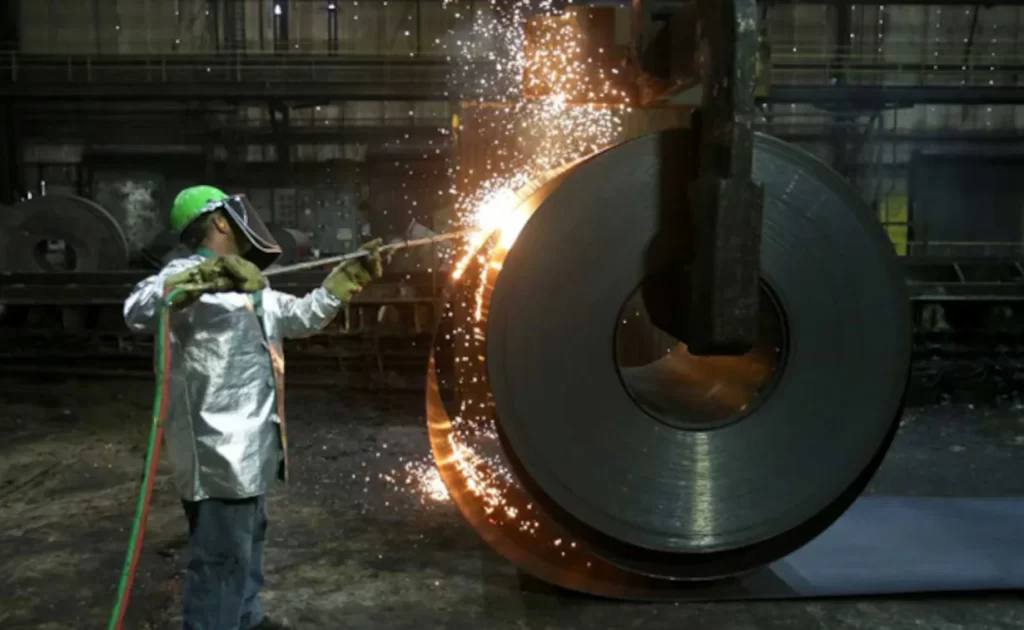India to reject call for anti-subsidy tax on some Chinese steel products
India will not impose a countervailing duty (CVD) on select steel products imported from China, despite a recommendation from trade officials and lobbying from local steel manufacturers, according to a government source interviewed by Reuters.
The Ministry of Finance, in a rare move, will reject the recommendation by the Directorate General of Trade Remedies (DGTR) to impose an 18.95% CVD on certain flat-rolled steel products imported from China for a period of five years, stated the finance ministry official directly involved in the matter.
The decision by the finance ministry aims to protect steel-consuming firms from higher prices, even though it may have adverse effects on local steel manufacturers, the source added.
The official, who wished to remain anonymous due to the decision not being made public yet, explained, “Imposing CVD protects manufacturers, but users end up paying a higher cost. So you have to balance the interest between users and manufacturers.”

CVDs are additional taxes levied on imported goods or products that are subsidized in their home country, thereby harming the industries in the importing country.
According to World Trade Organisation rules, member countries are allowed to impose anti-subsidy duties if a product receives subsidies from their trading partner’s government.
India had removed CVDs on such Chinese products in February of last year. However, as per the DGTR report, over 170 Indian steel companies, including Jindal Stainless Ltd and Steel Authority of India, have supported a petition to re-impose CVD for another five years.
In April, the DGTR, which investigates unfair trade practices on behalf of India’s trade ministry, recommended imposing CVD on certain stainless steel flat products.

The finance ministry’s decision to reject the recommendation comes despite steel purchases from China reaching a six-year high during the April-May period, with imports rising by 62%.
The official explained that imposing CVD would negatively impact small and medium-sized companies that consume steel while benefiting a few large conglomerates, especially during a time when India’s economic recovery is rapid but uneven.
This decision is expected to further assist Chinese shipments at a time when Asia’s largest economy is poised to export the most steel since 2016. China is already benefiting from a weakening yuan, competitive pricing, and weak domestic demand.
At the time of reporting, India’s finance and trade ministries had not responded to emails sent after working hours.
